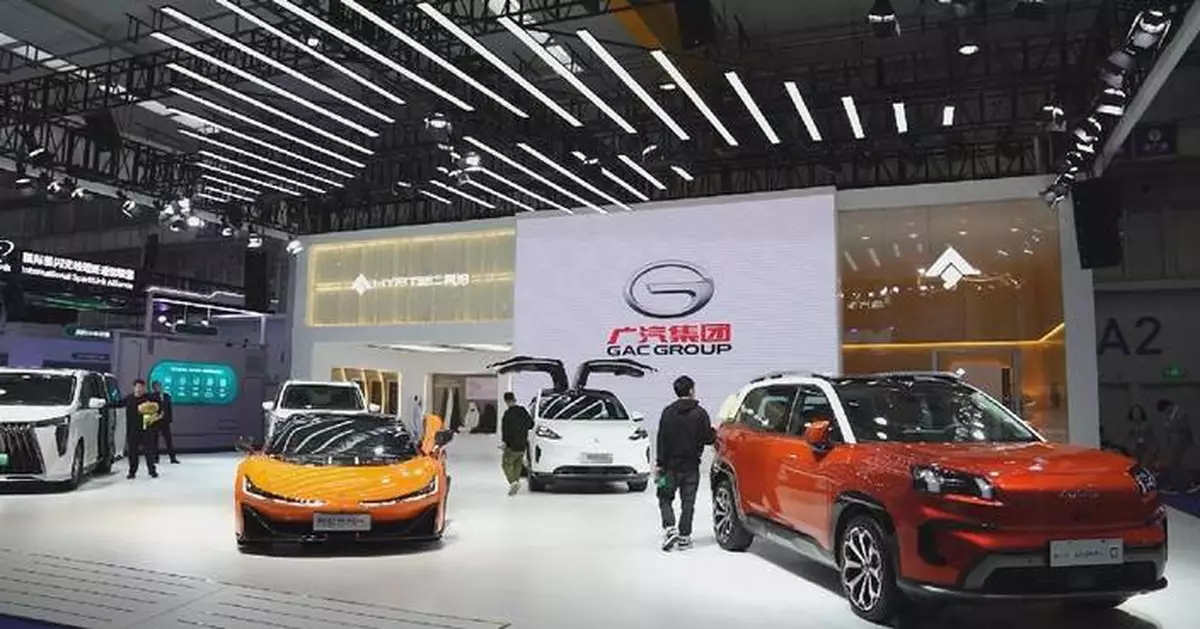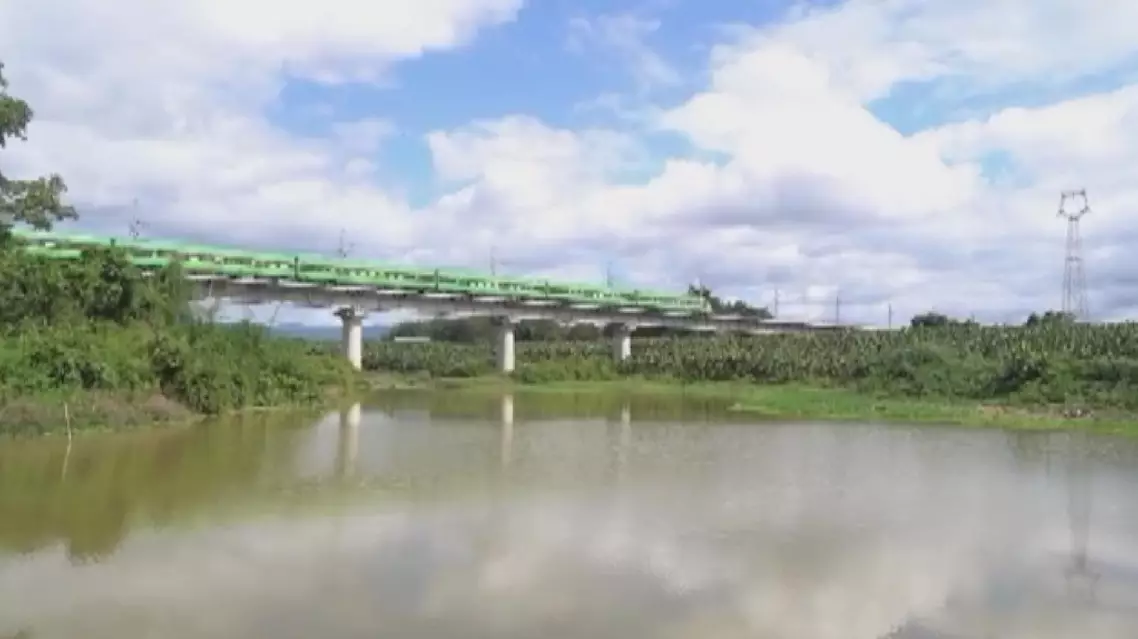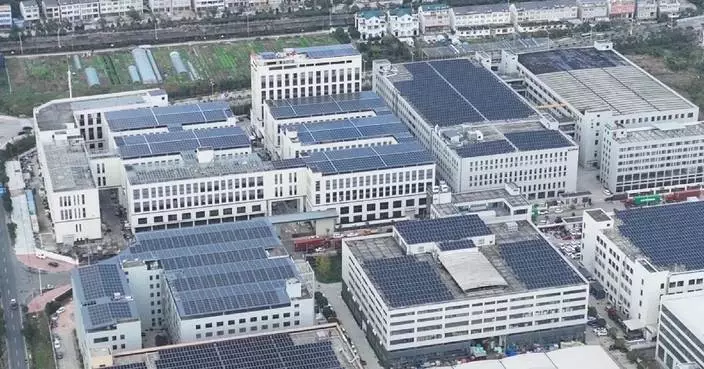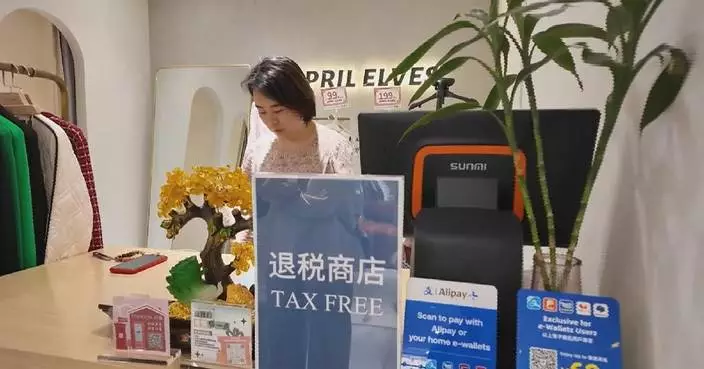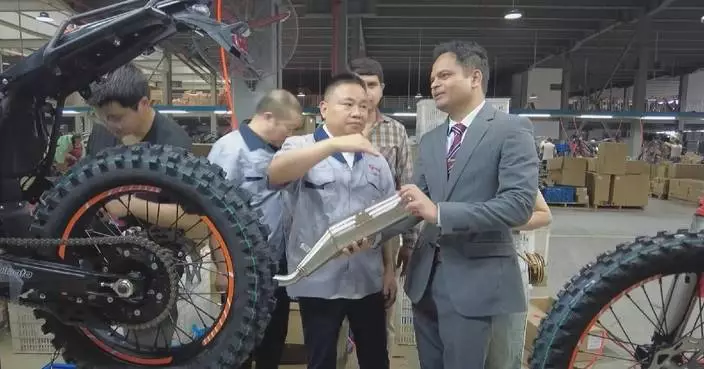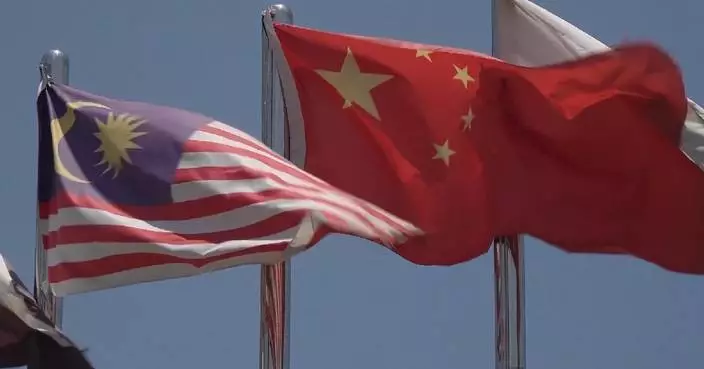China has made significant advancements in the development of intelligent connected vehicles, according to expert at the 2024 World Intelligent Connected Vehicles (ICV) Conference.
At the opening ceremony of the conference on Thursday, Minister of Industry and Information Technology Jin Zhuanglong said that China has established a complete ICV industrial system covering foundational chips, sensors, computing platforms, chassis control and internet-based cloud control.
He said that China's technologies like human-machine interaction are in a leading position globally, while breakthroughs in steer-by-wire and active suspension systems are gathering pace.
"Infrastructure development is speeding up. Over 50 cities nationwide are conducting road testing demonstrations for ICVs, with 32,000 kilometers of testing roads opened and approximately 10,000 kilometers of roads undergoing intelligent upgrades, along with the installation of over 8,700 roadside units," said Jin.
He also emphasized that China has nurtured nearly 400 "little giant" enterprises that apply special and sophisticated technologies to produce unique and novel products in the ICV sector, with five lidar companies ranking in the global top 10.
Furthermore, international cooperation continues to deepen, as China has cooperated with Europe, Japan, and the United States to develop multiple regulations for autonomous driving, he said.
Jin said that advancements in computing power, big data and large models are expected to lead to significant breakthroughs in advanced autonomous driving technology, ushering in a new development stage for ICVs.
Jin outlined four areas to promote the industry's new development. First, in integrated innovation, the country will focus on next-generation electronic and electrical architecture, high-performance chips, domain controllers and super-intelligent systems to foster integration among vehicles, smart grids, intelligent transportation and smart cities.
Second, China will expand application scenarios with pilot projects for integrated vehicle-road-cloud computing applications in logistics, public transport, taxis and environmental sanitation, he said.
"Third, we will improve standards and regulations, revising traffic safety and insurance laws, establishing and improving a regulatory framework for high-level autonomous driving and accelerating the formulation of standards for functional safety, cybersecurity, and data security," he said.
Jin said that within the framework of the International Organization for Standardization, China will also strengthen cooperation on standards and regulations with various countries, and explore policies to facilitate cross-border data flow.
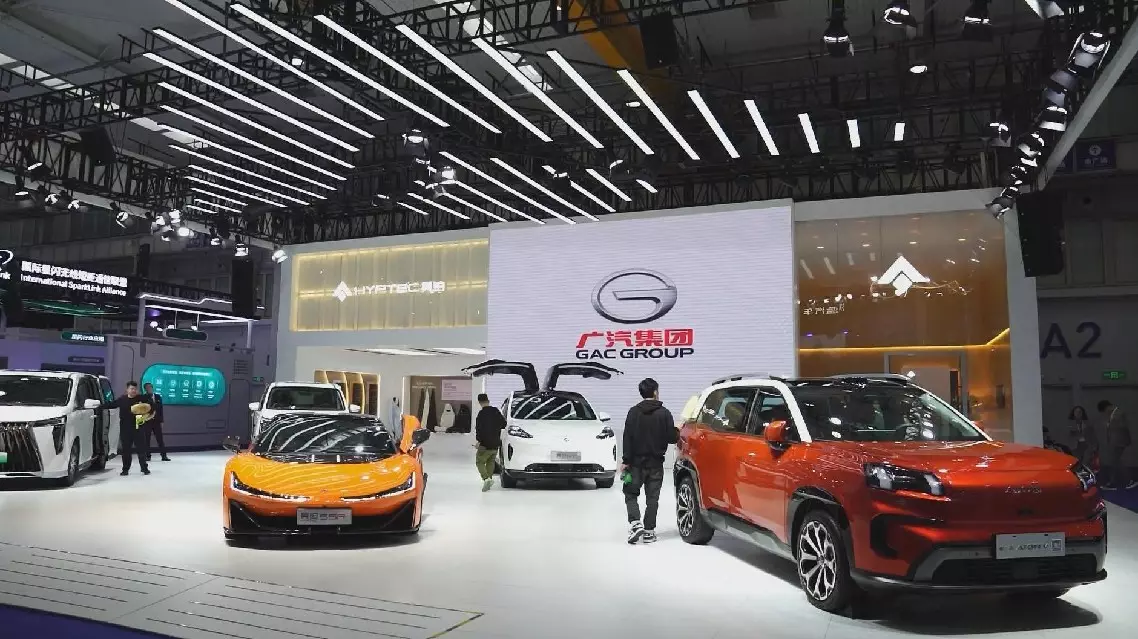
China making headway in intelligent connected vehicle development


